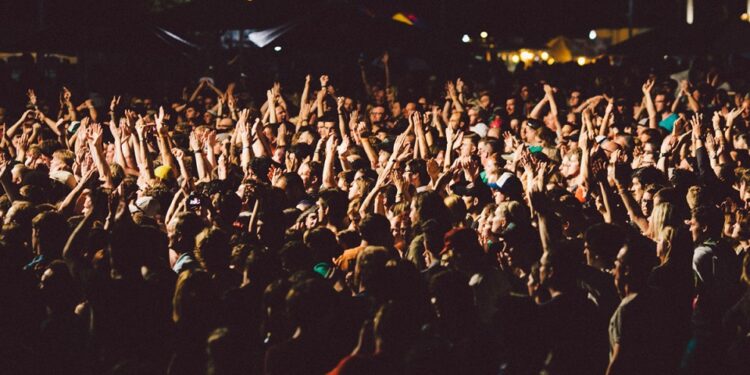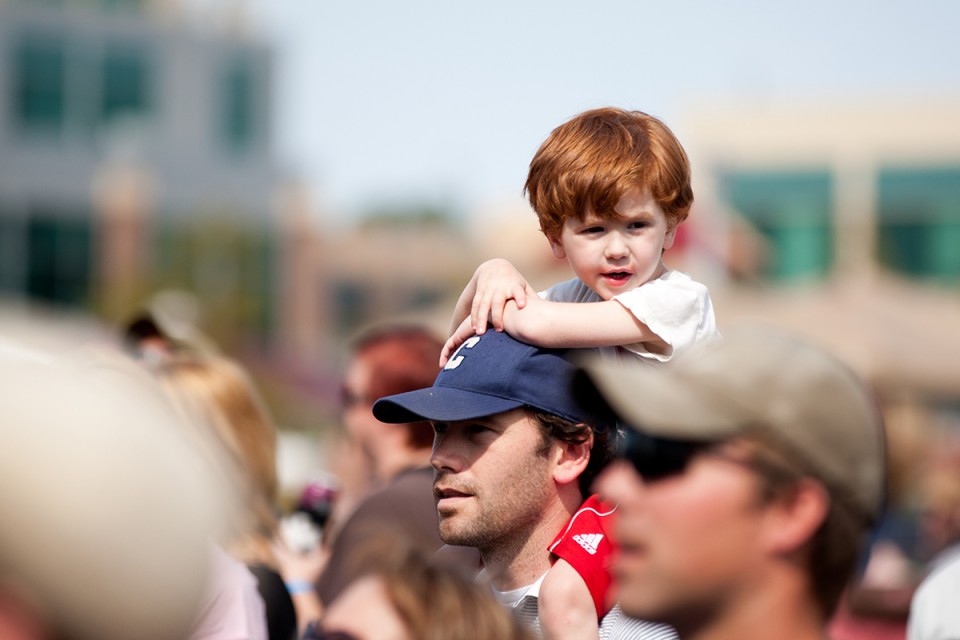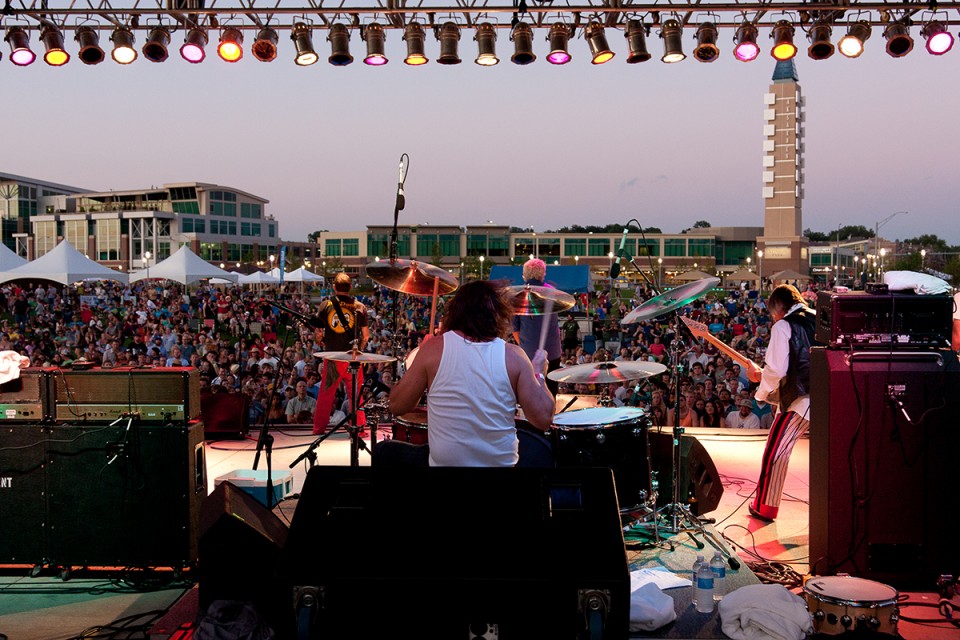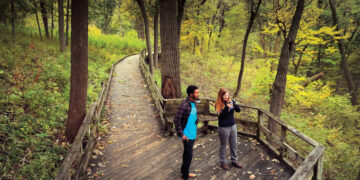It’s hard to believe the Maha Music Festival will celebrate its fifth anniversary this year. First held in 2009 at the Lewis & Clark Landing in Downtown Omaha, the all-day outdoor indie rock festival moved to Stinson Park at Aksarben Village in 2011, where it remains today. Each year, the event expands and evolves into a bigger musical machine than it was the year before.
Even more surprisingly, Maha is a nonprofit endeavor, run strictly by volunteers and supported by a host of generous corporate sponsors, including Centris Federal Credit Union, Weitz Investment Management, Schnackel Engineers, and 20 other local and national companies. The event is built on a love for the Omaha community and a passion for music. But that doesn’t mean it’s an easy feat. Maha Board President Tre Brashear admits he didn’t exactly know what he was getting into when it first began.
“I jokingly say if we knew how much work [Maha] was going to be, we probably would have never done it in the first place,” Brashear says. “But once it gets in your blood a little bit, you want to make it better and better so it keeps going. It was hard to explain to our families that we weren’t making any money [laughs].”
This year’s music lineup announcement sent shockwaves through the Omaha community when people got word The Flaming Lips were headlining the August 17 event. Lips’ frontman Wayne Coyne and his wild, gray-streaked Afro are all over television lately, with Coyne serving as the spokesperson for Virgin Mobile. Not only are The Flaming Lips huge right now, they’re also the most expensive act Maha has ever booked. The organizers spent 25 percent more on talent this year than last, Brashear shares.
The initial Maha concept was to generate enough profit from the event to donate to various nonprofit organizations around the community; so far, that hasn’t happened. But the Maha committee is determined to make that goal a reality. With The Flaming Lips headlining and prolific artists such as Matt & Kim, The Thermals, and Bob Mould (Sugar) rounding out the bill, Brashear is hopeful this is the year.
“We thought we’d come out gangbusters out of the gate, but we didn’t do that,” he says. “We’re trying to get enough money to put aside so we know Maha is safe and will continue on, even if it rains or nobody likes the headliners. We are slowly getting there, but it’s not to the point we can distribute anything [to nonprofits] yet.”
Despite the challenges, Maha always has an eye on the future. Hip-Hop has been noticeably absent over the years, and the festival also seems a bit confined with just one day of performances.
“Our vision for Maha is to have multiple days on a weekend,” Brashear explains. “We want to be able to expand to different genres. We still want to be true to all of our indie fans that have grown up with us, but we’re not trying to only be this indie music festival. We want to go beyond that.”
Tickets for the Maha Music Festival are available for purchase online at mahamusicfestival.com. Advanced general admission tickets are $45, and day-of general admission tickets are $55.















